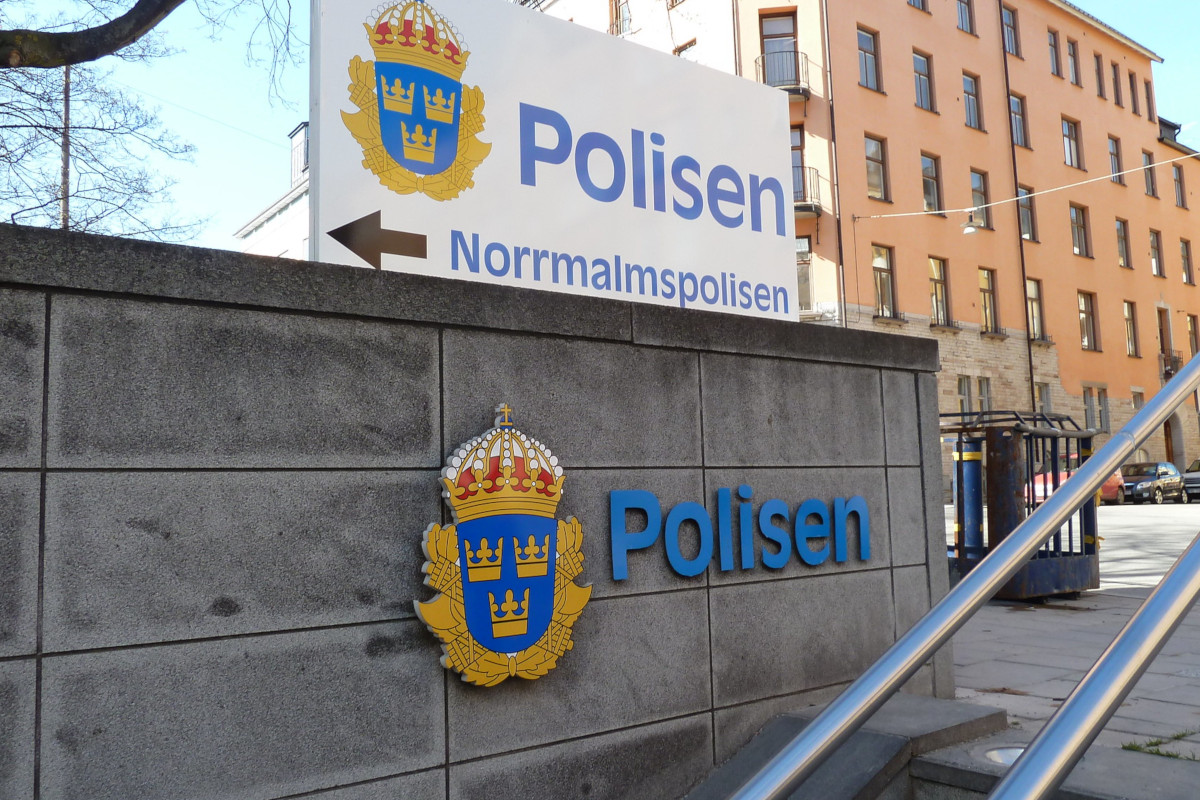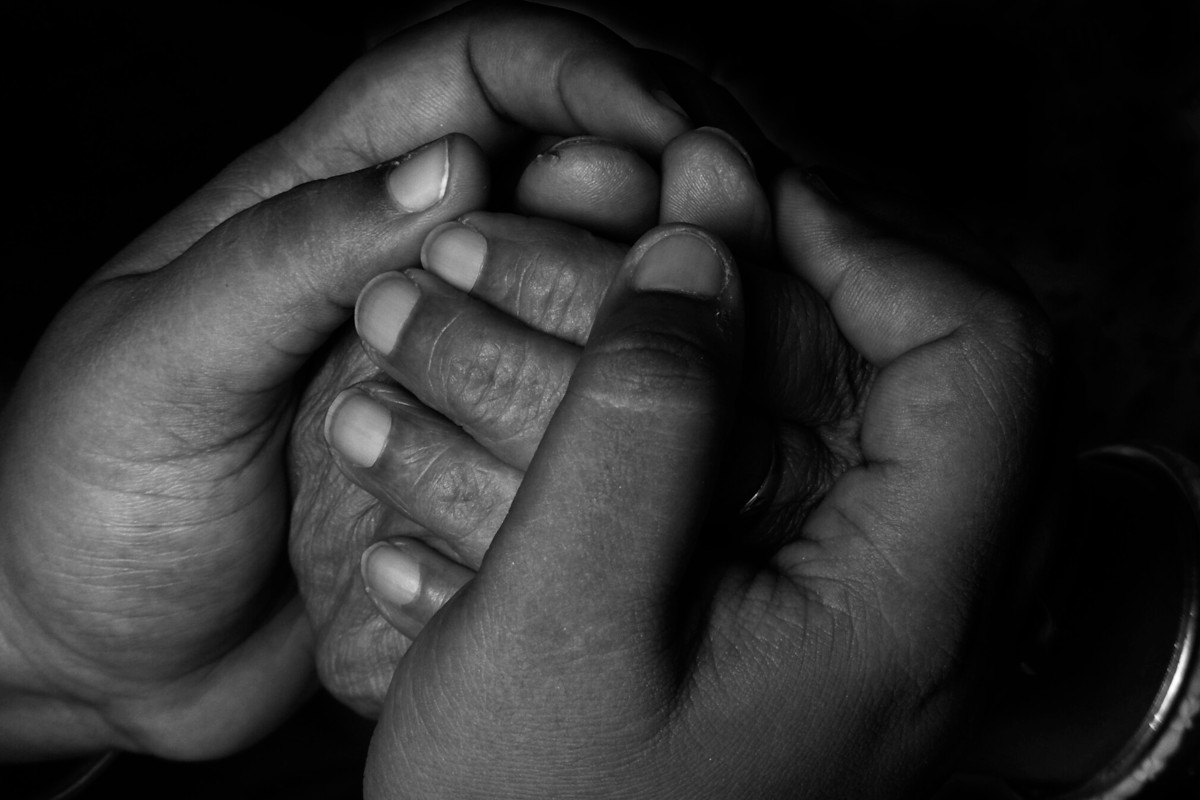UK: Call for "serious, meaningful protection" from police facial recognition technology
Topic
Country/Region
26 July 2024
The UK's new Labour government must ensure "proper regulation of biometric surveillance in the UK," says a letter signed by nine human rights, racial justice and civil liberties groups, including Statewatch. "No laws in the UK mention facial recognition, and the use of this technology has never even been debated by MPs," the letter highlights. It calls on the new home secretary, Yvette Cooper, and the science, technology and innovation minister, Peter Kyle, to meet the signatory groups "to discuss the need to take action and learn from our European partners in regulating the use of biometric surveillance in the UK more broadly." A separate letter to Scotland's cabinet secretary for justice and home affairs raises similar points, and calls on the Scottish government "to stop the proposed use of live facial recognition surveillance by Police Scotland."
Support our work: become a Friend of Statewatch from as little as £1/€1 per month.
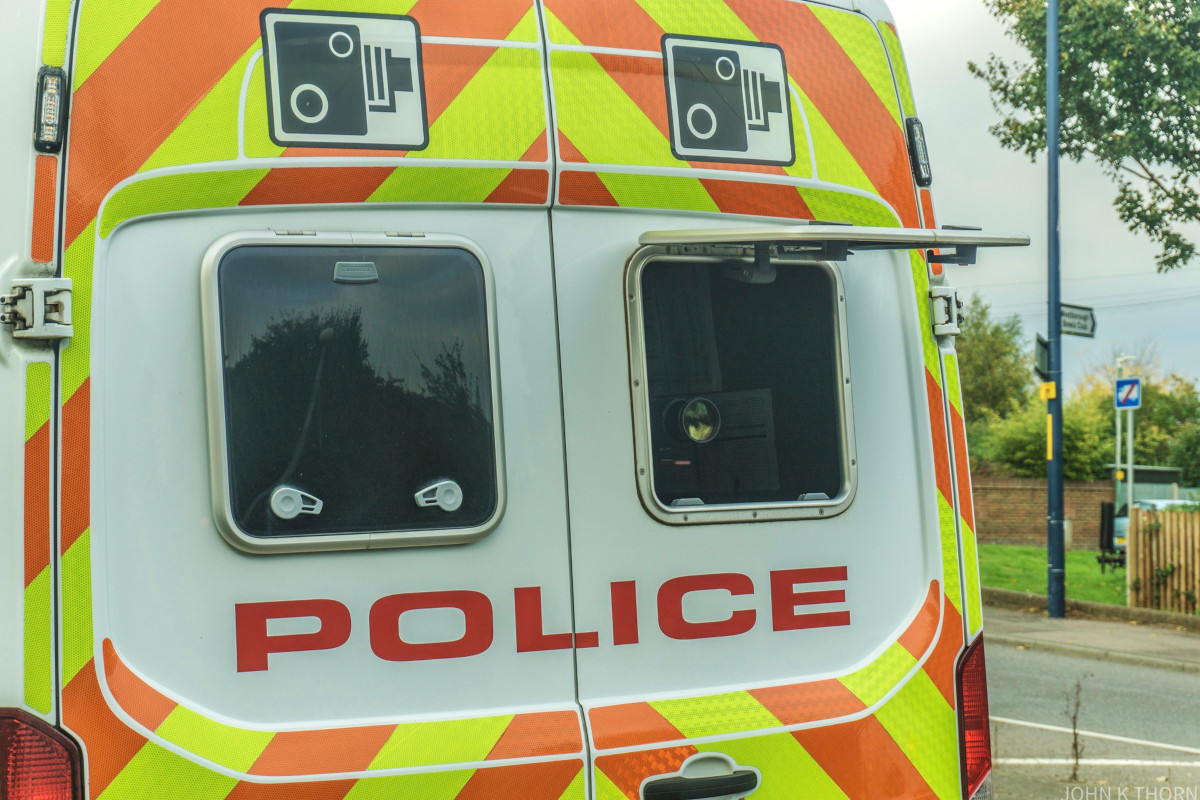
Image: JOHN K THORNE, public domain
The letters were coordinated by Big Brother Watch. The letter to the Scottish government was covered by The Scottish Mail on Sunday.
24 July 2024
Rt Hon Yvette Cooper MP,
Secretary of State for the Home Department
2 Marsham Street
London
SW1P 4DF
Rt Hon Peter Kyle MP
Secretary of State for Science, Innovation and Technology
Department for Science, Innovation and Technology
100 Parliament Street
London
SW1A 2BQ
Dear Secretaries of State,
Congratulations on your recent re-election to Parliament and appointment as Home Secretary and Secretary of State for Science, Innovation and Technology respectively. We are writing to you as human rights, racial justice and civil liberties groups with common concern about the growing use of facial recognition surveillance by police forces and private companies across the UK.
As organisations with a high-level of expertise in this area, we would like to invite you to meet with us to discuss the need for proper regulation of biometric surveillance in the UK.
Facial recognition surveillance is deeply intrusive, often subjecting many thousands of innocent people to biometric identity checks without justification. Uses of the technology have resulted in racial discrimination, misidentifications, privacy and data breaches, and a significant chilling effect on freedom of expression and assembly. The context in which you begin your new role is one in which South Wales Police was found to have deployed live facial recognition surveillance unlawfully (Bridges v SWP) and the Metropolitan Police Service (‘MPS’) is also facing a judicial review brought by a Black victim of live facial recognition misidentification. [1] Other victims of live facial recognition harassment and errors are initiating legal action in the retail context. [2]
In recent years, parliamentarians across parties in Westminster, [3] members of the Senedd,4 rights and equalities groups and technology experts across the globe have called for a stop to the use of this technology.5 The only detailed inquiry into the use of live facial recognition by a parliamentary committee called for a stop to its use. [6] The Equality and Human Rights Commission (EHRC) called for the UK Government to suspend LFR in 2020, [7] raising concerns in its submission to the UN Human Rights Committee that, “the legal framework authorising and regulating the use of AFR [automated facial recognition technology] is insufficient – it is based solely on common law powers and has no express statutory basis”.
The EHRC also raised,
“concerns as to whether it [LFR] complies with the requirement that any interference with privacy rights under Article 17 ICCPR is both necessary and proportionate”
and warned that such “big data” policing “may also infringe upon privacy rights and result in self- censorship, with a consequent chilling effect on freedom of expression and association”. No laws in the UK mention facial recognition, and the use of this technology has never even been debated by MPs.
Despite widespread concern and a lack of legal basis, the previous government heralded facial recognition technology, both live and retrospective, as a sticking-plaster solution to broader problems within the criminal justice system. Law enforcement use of other forms of biometric data, such as DNA and fingerprints, is subject to strict regulation via primary legislation. Facial biometrics are arguably even more sensitive and vulnerable to misuse than DNA and fingerprints, given the ability to obtain this sensitive data remotely and without an individual’s awareness, consent or compliance, via photographs or CCTV footage. As the Council of Europe’s guidelines on facial recognition acknowledge:
“Integrating facial recognition technologies into existing surveillance systems poses a serious risk to the rights to privacy and protection of personal data, as well as to other fundamental rights, since use of these technologies does not always require the awareness or co-operation of the individuals whose biometric data are processed in this way.” [8]
Like other forms of biometrics, police use of facial biometrics must be subject to democratic scrutiny and be afforded serious, meaningful protection via legislation.
Governments across the democratic world are legislating to ban and significantly restrict the use of facial recognition surveillance, for both law enforcement and private companies – but successive Conservative governments have left the UK behind. The EU’s AI Act will introduce an almost total ban on the use of live facial recognition, with law enforcement exceptions for only the most serious crimes and on the condition of prior judicial approval for each deployment. [9] In the US, multiple states have banned law enforcement from using the technology entirely, [10] and the Vice President singled out the technology as one of particular concern when attending the UK’s AI Safety Summit late last year.11 The UK risks becoming an outlier in the democratic world, instead following the approach of countries like Russia12 and China,13 which have heavily invested in this technology to the detriment of their citizens’ rights and freedoms.
The previous government’s failure to introduce a legal framework to limit and regulate live facial recognition surveillance has left police forces and the public in an uncertain and precarious position. We welcome the announcement in the King’s Speech of the Government’s plans to introduce AI legislation and, as per the EU’s AI Act, this would be the perfect opportunity to address this issue. As Labour begins to address the flaws in the UK’s broken criminal justice system and the regulation of AI, we would welcome the opportunity to discuss the need to take action and learn from our European partners in regulating the use of biometric surveillance in the UK more broadly.
We look forward to hearing from you.
Yours sincerely,
Silkie Carlo, Director of Big Brother Watch
Habib Kadiri, Executive Director of Stopwatch
Yasha Maccanico, Researcher at Statewatch
Jim Killock, Executive Director of Open Rights Group
Ruth Ehrlich, Head of Policy & Campaigns at Liberty
Jen Persson, Director of Defend Digital Me
Christina Tanti, Head of Research at Race Equality First
Gus Hosein, Executive Director for Privacy International
Anna Bacciarelli, Technology and Human Rights Program Manager at Human Rights Watch
[1] BBC, ‘I was misidentified as a shoplifter by facial recognition tech,’ https://www.bbc.co.uk/news/technology- 69055945
[2] The Times, ‘Innocent woman branded a shoplifter by facial recognition software,’ 26 May 2024, https://www.thetimes.com/uk/crime/article/innocent-woman-branded-a-shoplifter-by-facial-recognition-software- vtcq8jvhk
[3] MPs and peers call for ‘immediate stop’ to live facial recognition surveillance – Jamie Grierson, the Guardian, 6th October 2023: https://www.theguardian.com/technology/2023/oct/06/mps-and-peers-call-for-immediate-stop- to-live-facial-recognition-surveillance
[4] Police 'ramp up' surveillance as thousands scanned 'just for being out with their families at Christmas' – Chris Haines, Wales Online, 21st December 2023: https://www.walesonline.co.uk/news/wales-news/police-ramp-up- surveillance-thousands-28328901
[5] Over 180 Rights Groups and Tech Experts Call for UK and Worldwide Halt to Facial Recognition Surveillance - Josiah Mortimer, Byline Times, 27th September 2023: https://bylinetimes.com/2023/09/27/over-180-rights-groups-and- tech-experts-call-for-uk-and-worldwide-halt-to-facial-recognition-surveillance/
[6] The work of the Biometrics Commissioner and the Forensic Science Regulator: Nineteenth Report of Session 2017–19, Science and Technology Committee, 18th July 2019, HC 1970: https://www.publications.parliament.uk/pa/cm201719/cmselect/cmsctech/1970/197003
[7] Civil and political rights in Great Britain – Equality and Human Rights Commission, March 2020: https://www.equalityhumanrights.com/sites/default/files/2021/civil-and-political-rights-in-great-britain-march- 2020.pdf, p.89
[8] Guidelines on facial recognition (2021) – Council of Europe: https://edoc.coe.int/en/artificial-intelligence/9753- guidelines-on-facial-recognition.html#, p.5
[9] Artificial Intelligence Act: deal on comprehensive rules for trustworthy AI – European Parliament, 9th December 2023: https://www.europarl.europa.eu/news/en/press-room/20231206IPR15699/artificial-intelligence-act-deal- on-comprehensive-rules-for-trustworthy-ai
[10] Montana law restricting facial recognition use by police, public agencies takes effect – Chris Burt, Biometrics Update, 5th July 2023; San Francisco is first US city to ban facial recognition – BBC News, 15th May 2019: https://www.bbc.co.uk/news/technology-48276660;
[11] Remarks by Vice President Harris on the Future of Artificial Intelligence – The White House, 1 November 2023: https://www.whitehouse.gov/briefing-room/speeches-remarks/2023/11/01/remarks-by-vice-president-harris-on- the-future-of-artificial-intelligence-london-united-kingdom/
[12] Glukhin v. Russia, European Court of Human Rights, https://hudoc.echr.coe.int/eng-press#{%22itemid%22: [%22003-7694109-10618091%22]}
[13] NPR, How China is Using Facial Recognition Technology, 16 December 2019, https://www.npr.org/2019/12/16/788597818/how-china-is-using-facial-recognition-technology
26 July 2024
Angela Constance MSP
Scottish Cabinet Secretary for Justice and Home Affairs Scottish Government
St Andrew's House Regent Road Edinburgh
EH1 3DG
Law enforcement use of facial recognition technology for surveillance
Dear Cabinet Secretary,
We are writing to you as human rights, racial justice and civil liberties groups following reports that Police Scotland intends to begin using live facial recognition (LFR) technology for public surveillance. [1] We collectively urge the Scottish Government to halt the proposed use of this technology.
Live facial recognition surveillance is deeply intrusive, and uses of the technology have resulted in racial discrimination, misidentifications, privacy and data breaches, and a significant chilling effect on freedom of expression and assembly. LFR inverts the vital democratic principle of the presumption of innocence whereby suspicion precedes surveillance and, instead, treats everyone who passes by like a potential criminal. The technology obtains the facial biometric data – information as sensitive as a fingerprint – of every person in view to check them against a watchlist. This is the equivalent of performing an identity check on every single passing member of the public.
The recent public outcry over the Post Office’s reliance on a computer system as the basis to prosecute innocent individuals is an important lesson in the dangers of relying on technology in a criminal justice context. The increasing use of facial recognition by both police and private companies in relation to suspicion of petty theft and antisocial behaviour will lead to false accusations and injustices – some of our groups have evidence of this already happening. [2] People of colour have already been disproportionately impacted and misidentified by this technology in London and Wales. [3] The context in which these plans have been announced is one in which South Wales Police was found to have deployed live facial recognition surveillance unlawfully (Bridges v SWP) and the Metropolitan Police Service (‘MPS’) is also facing a judicial review brought by a Black victim of live facial recognition misidentification. [4] Other victims of live facial recognition harassment and errors are initiating legal action in the retail context. [5]
To date, South Wales Police and the Metropolitan Police’s use of the technology has produced 75% incorrect matches since the technology was first introduced. [6] The Metropolitan Police and South Wales Police have been experimenting with this technology since 2016 and over 4,000 flags have resulted in fewer than 400 arrests, with far fewer prosecutions, using the technology. [7] The use of this technology for general public surveillance is deeply disproportionate in terms of the risks of misidentification, discrimination, and infringement of rights it poses to the public, and the policing resources it drains.
In recent years, parliamentarians across parties in Westminster, [8] members of the Senedd, [9] rights and equalities groups and technology experts across the globe have called for a stop to the use of this technology. [10] The Equality and Human Rights Commission (EHRC) called for the UK Government to suspend LFR in 2020, [11] raising concerns in its submission to the UN Human Rights Committee that,
“the legal framework authorising and regulating the use of AFR [automated facial recognition technology] is insufficient – it is based solely on common law powers and has no express statutory basis”.
The EHRC also raised,
“concerns as to whether it [LFR] complies with the requirement that any interference with privacy rights under Article 17 ICCPR is both necessary and proportionate”
and warned that such “big data” policing “may also infringe upon privacy rights and result in self- censorship, with a consequent chilling effect on freedom of expression and association”. In October 2023, 130 civil society groups called for an immediate stop to police and private companies’ use of live facial recognition surveillance in the UK. [12]
So far Scotland has taken a different path from England and Wales. Where the Conservative Government pushed this rights-abusive technology in England and Wales, the Scottish Government has not. When Police Scotland consulted on the use of enhanced CCTV technology in March, facial recognition was explicitly not included, meaning the public have had no say in Police Scotland’s proposals to begin using LFR. In 2020, the Scottish Parliament’s Justice Sub- Committee on Policing said that “The use of live facial recognition technology would be a radical departure from Police Scotland’s fundamental principle of policing by consent” and that “the Sub-Committee believes that there would be no justifiable basis for Police Scotland to invest in this technology.“ [13] No laws in Scotland or the rest of the UK mention facial recognition, and the use of this technology has never even been fully debated by MPs or MSPs.
Governments across the democratic world are legislating to ban and significantly restrict the use of facial recognition surveillance, for both law enforcement and private companies – but successive Conservative governments have left the UK behind. The EU’s AI Act will introduce an almost total ban on the use of live facial recognition, with law enforcement exceptions for only the most serious crimes and on the condition of prior judicial approval for each deployment. [14] In the US, multiple states have banned law enforcement from using the technology entirely, [15] and the Vice President singled out the technology as one of particular concern when attending the UK’s AI Safety Summit late last year. [16] The UK risks becoming an outlier in the democratic world, instead following the approach of countries like Russia [17] and China, [18] which have heavily invested in this technology to the detriment of their citizens’ rights and freedoms.
As the UK turns its attention to the possibilities of new AI legislation, we urge the Scottish Government to reconsider its plans to adopt this dystopian technology and instead adopt an approach which respects the rights to privacy and free expression, as well as the rights of those marginalised groups who are most affected by the use of this technology. For this reason, we ask that you stop the proposed use of live facial recognition surveillance by Police Scotland.
Yours sincerely,
Silkie Carlo, Director of Big Brother Watch
Habib Kadiri, Executive Director of Stopwatch
Yasha Maccanico, Researcher at Statewatch
Jim Killock, Executive Director of Open Rights Group
Ruth Ehrlich, Head of Policy & Campaigns at Liberty
Jen Persson, Director of Defend Digital Me
Christina Tanti, Head of Research at Race Equality First
Gus Hosein, Executive Director for Privacy International
Anna Bacciarelli, Technology and Human Rights Program Manager at Human Rights Watch
[1] Daily Mail Online, Big Brother fears as Police Scotland set to introduce facial recognition cameras, 20 June 2024, https://www.dailymail.co.uk/news/article-13551609/Big-Brother-fears-Police-Scotland-set-introduce-facial- recognition-cameras.html
[2] Big Brother Watch is assisting a number of individuals who have been flagged by facial recognition systems in retail stores, accused of petty theft and banned from re-entry.
[3] Big Brother Watch has attended deployments of live facial recognition in London and Cardiff and witnessed multiple people being incorrectly flagged by the technology and forced to prove their innocence to police. In one instance, a 14-year-old black schoolboy was surrounded by plain-clothes officers, had his fingerprints scanned and was held for a length of time before eventually being released. For more information see: https://bigbrotherwatch.org.uk/campaigns/stop-facial-recognition/#facial-recognition-uk
[4] BBC, ‘I was misidentified as a shoplifter by facial recognition tech,’ https://www.bbc.co.uk/news/technology-
69055945
[5] The Times, ‘Innocent woman branded a shoplifter by facial recognition software,’ 26 May 2024, https://www.thetimes.com/uk/crime/article/innocent-woman-branded-a-shoplifter-by-facial-recognition-software- vtcq8jvhk
[6] See South Wales Police and Metropolitan Police Service Deployment Records
[7] Ibid.
[8] MPs and peers call for ‘immediate stop’ to live facial recognition surveillance – Jamie Grierson, the Guardian, 6th October 2023: https://www.theguardian.com/technology/2023/oct/06/mps-and-peers-call-for-immediate-stop- to-live-facial-recognition-surveillance
[9] Police 'ramp up' surveillance as thousands scanned 'just for being out with their families at Christmas' – Chris Haines, Wales Online, 21st December 2023: https://www.walesonline.co.uk/news/wales-news/police-ramp-up- surveillance-thousands-28328901
[10] Over 180 Rights Groups and Tech Experts Call for UK and Worldwide Halt to Facial Recognition Surveillance - Josiah Mortimer, Byline Times, 27th September 2023: https://bylinetimes.com/2023/09/27/over-180-rights-groups-and- tech-experts-call-for-uk-and-worldwide-halt-to-facial-recognition-surveillance/
[11] Civil and political rights in Great Britain – Equality and Human Rights Commission, March 2020: https://www.equalityhumanrights.com/sites/default/files/2021/civil-and-political-rights-in-great-britain-march- 2020.pdf, p.89
[12] https://bigbrotherwatch.org.uk/press-releases/180-tech-experts-call-for-global-stop-to-facial-recognition- surveillance/
[13] The Scottish Parliament, Facial recognition: how policing in Scotland makes use of this technology, 11 February
2020, https://digitalpublications.parliament.scot/Committees/Report/JSP/2020/2/11/Facial-recognition--how- policing-in-Scotland-makes-use-of-this-technology
[14] Artificial Intelligence Act: deal on comprehensive rules for trustworthy AI – European Parliament, 9th December 2023: https://www.europarl.europa.eu/news/en/press-room/20231206IPR15699/artificial-intelligence-act-deal- on-comprehensive-rules-for-trustworthy-ai
[15] Montana law restricting facial recognition use by police, public agencies takes effect – Chris Burt, Biometrics Update, 5th July 2023; San Francisco is first US city to ban facial recognition – BBC News, 15th May 2019: https://www.bbc.co.uk/news/technology-48276660;
[16] Remarks by Vice President Harris on the Future of Artificial Intelligence – The White House, 1 November 2023: https://www.whitehouse.gov/briefing-room/speeches-remarks/2023/11/01/remarks-by-vice-president-harris-on- the-future-of-artificial-intelligence-london-united-kingdom/
Our work is only possible with your support.
Become a Friend of Statewatch from as little as £1/€1 per month.
Further reading

UK: Law changes will make it harder to hold police to account for illegal data access
An office for West Yorkshire Police, based in Leeds, has been convicted of breaches of the Computer Misuse Act 1990, after using police databases to search for information on people she knew with no legitimate reason. The case highlights the risks posed by forthcoming changes to UK data protection law.
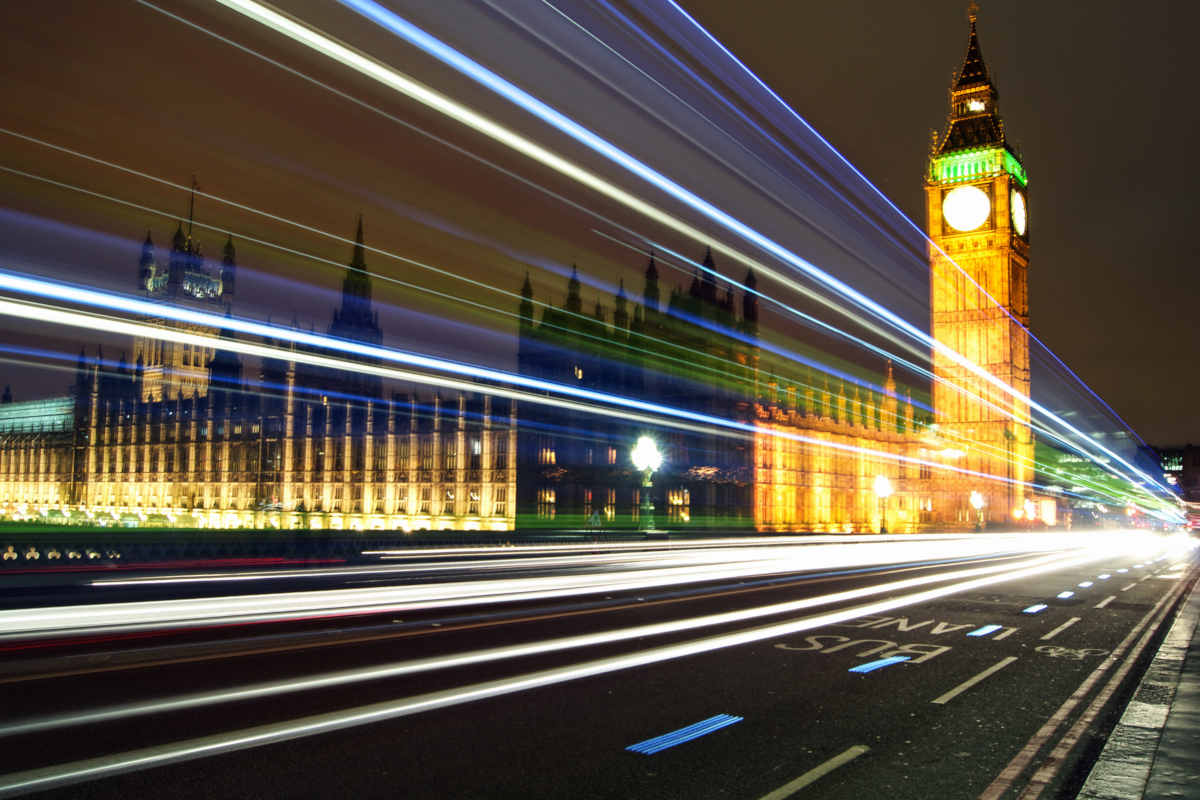
UK participation in “unnecessary” police facial recognition system needs “open, thorough, democratic debate”
MPs must ensure thorough scrutiny and a meaningful democratic debate on potential UK participation in a pan-European police facial recognition system that is unnecessary, disproportionate and undesirable, says a statement coordinated by Statewatch and signed by 13 other civil society organisations.
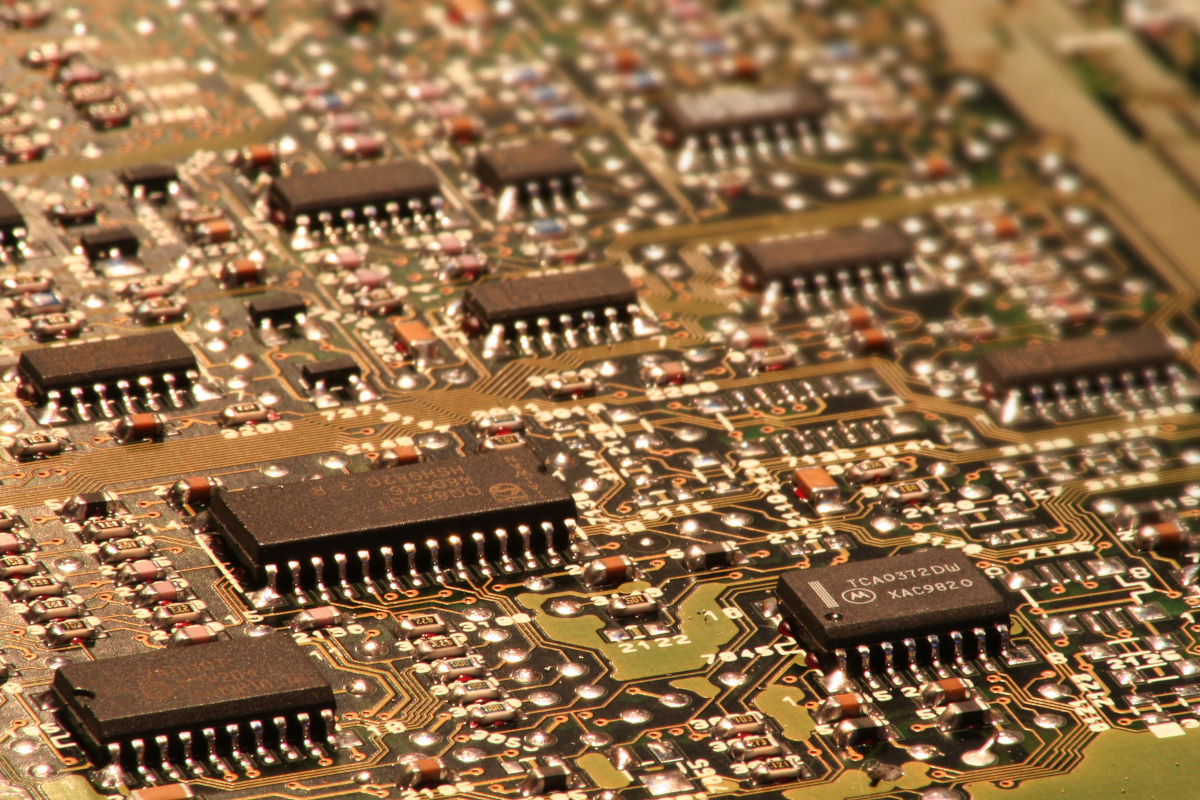
UK government's AI plans must uphold fundamental rights and democratic values
Thirty civil society organisations, including Statewatch, have published a joint statement calling for the UK government to ensure that it's approach to artificial intelligence upholds fundamental rights and democratic values.
Spotted an error? If you've spotted a problem with this page, just click once to let us know.
